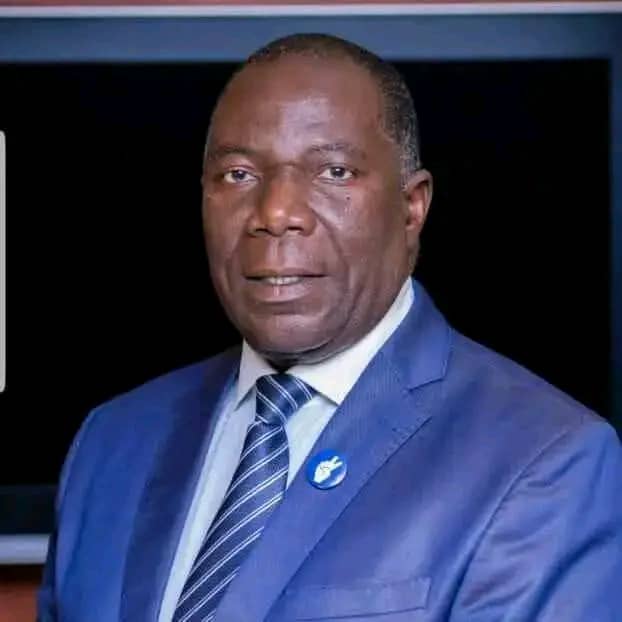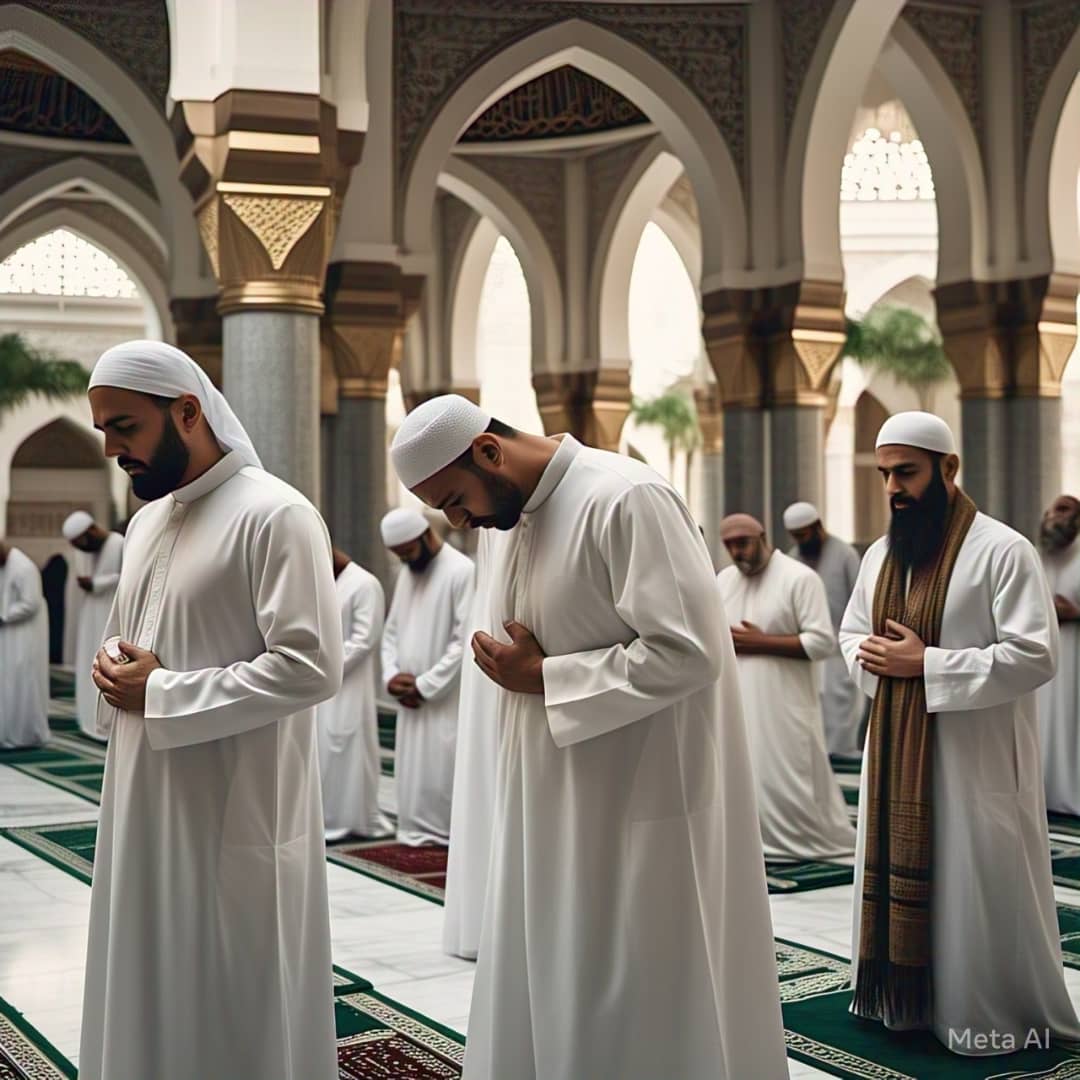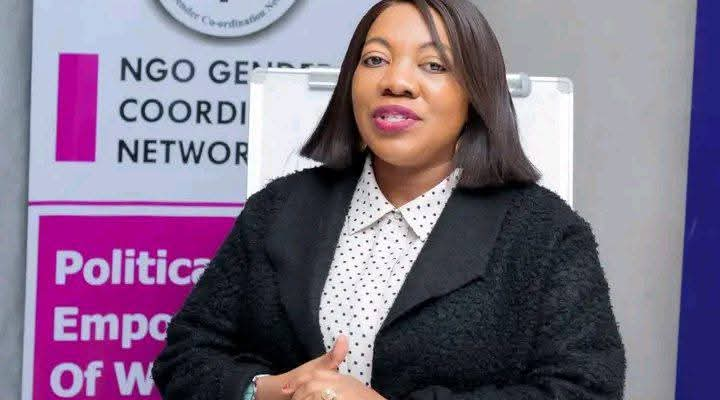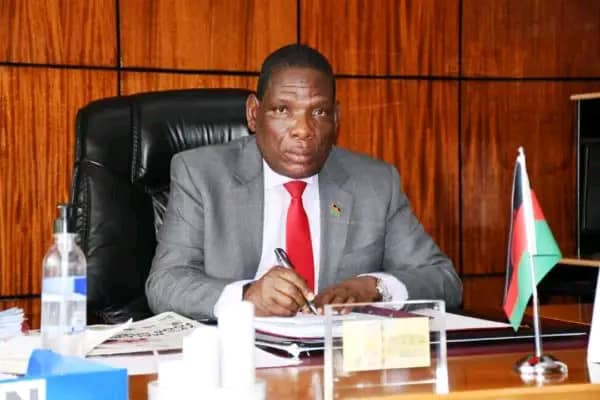
Assessing Merit, Regional Representation, Gender Inclusion, and Malawians’ High Expectations
By Burnett Munthali
President Arthur Peter Mutharika’s unveiling of a new partial cabinet has ignited public debate and renewed expectations across the country. Malawians are watching closely to see whether this reshaped executive team will deliver on promises of reform, accountability, and national development.
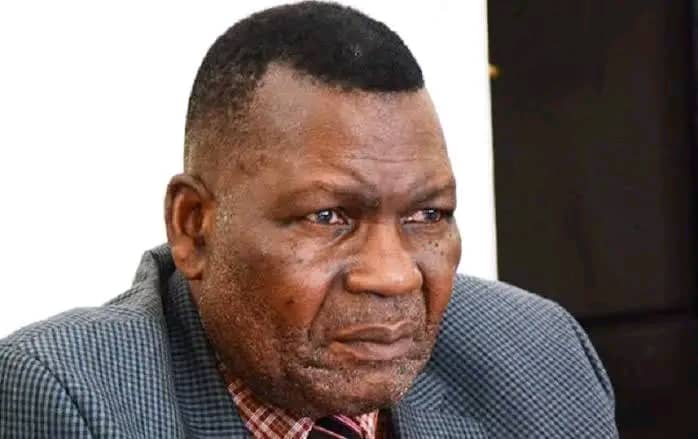
Announced under Sections 94(1), 161(2), and 154(2) of the Constitution, the appointments merge political loyalty with administrative competence, signaling both a desire for stability and a cautious approach to renewal.
The mix of long-serving figures and trusted technocrats suggests that Mutharika is prioritizing reliability and institutional memory while attempting to rebuild confidence in state governance.
Mwanamvekha Appointed Minister of Finance by President Arthur Peter Mutharika
Justice Dr. Jane Ansah remains a key constitutional actor in the executive framework, reinforcing the cabinet’s legitimacy and contributing to the shaping of policy and legal direction at the highest level.
The appointment of Right Honourable Enock Kanzingeni Chihana as Second Vice President represents an effort to achieve regional inclusivity and strengthen the government’s connection with northern communities long calling for greater representation.
Dr. George Chaponda’s return to the Ministry of Foreign Affairs marks a bold statement of loyalty and experience, though it has drawn mixed reactions from those questioning whether old political faces can truly drive reform.
Similarly, Joseph Mwanamvekha’s reinstatement as Minister of Finance, Economic Planning, and Development points to the president’s reliance on proven economic managers to guide the nation through a period of inflation, debt challenges, and declining purchasing power.
Honourable Alfred Ruwan Gangata’s appointment as Minister of State introduces youthful vigor into the leadership structure, appealing to younger voters and those seeking generational change within government ranks.
Lieutenant General George Alexander Jafu’s elevation to Chief of Defence Staff signifies continuity and discipline in Malawi’s defence sector, strengthening confidence in professional command within the military.
Dr. Justin Sadack K. Saidi’s promotion to Chief Secretary consolidates executive coordination, while Mr. Stuart Naison Medison Ligomeka’s appointment as Deputy Chief Secretary reinforces accountability and operational stability within the public service.
Mr. Kiswell Dakamau’s new role as Director of State Residences underscores the administration’s emphasis on management efficiency and preservation of state assets.
Security-wise, the appointment of Mr. Richard Chakupaleza Chikoko Luhanga as Inspector General of Police, supported by deputies Stain Bamusi Chaima and Mlowoka Noel Kaira, signals a renewed commitment to professional law enforcement and order.
From a merit-based standpoint, the cabinet demonstrates a deliberate effort to blend experience with capability, yet the reappointment of familiar figures has sparked calls for deeper reform and generational renewal.
Gender representation remains a pressing concern. The cabinet’s continued male dominance has disappointed advocates of gender equality, who argue that meaningful progress demands the inclusion of more women in key decision-making roles.
Regionally, the appointments show a degree of balance across the North, Central, and Southern regions. However, the South still holds significant influence, reflecting Mutharika’s enduring political base and the realities of party power dynamics.
Politically, the reshuffle appears aimed at maintaining internal party cohesion and projecting unity ahead of the next general elections, blending loyalty with technical expertise to safeguard stability.
Analysts note that while this partial cabinet lays the groundwork for continuity, it also represents a test of whether experience can translate into real policy results that address Malawi’s deepening economic and social challenges.
Malawians, on the other hand, are setting the bar high. They expect this team to focus on economic recovery, job creation, improved service delivery, and the fight against corruption—areas where public confidence has steadily declined in recent years.
Citizens are demanding more transparency, gender equity, and tangible progress rather than rhetoric or recycled leadership. Their hope is that this cabinet will act with urgency and moral conviction in tackling the issues that matter most to ordinary people.
In conclusion, President Mutharika’s new cabinet stands at a crossroads between renewal and routine. While it embodies experience, discipline, and regional inclusivity, it must rise above familiarity and prove that it can meet the high expectations of a nation yearning for transformation and accountable governance.

